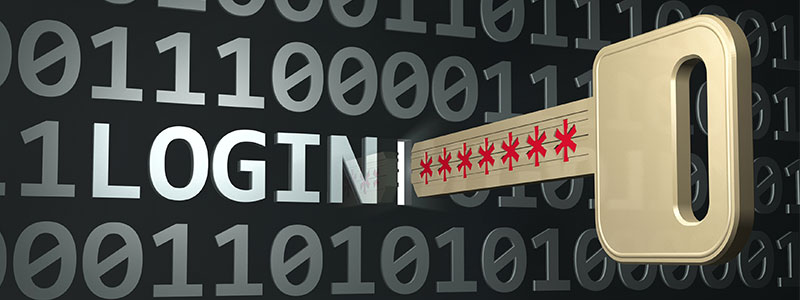
A password denotes the key to your online identity and privacy which is why it is always recommended to ensure complete confidentiality of your passwords. Be it the social media, online banking or shopping, you need to make sure that your accounts are sealed with strong and hard-to-guess passwords. On this world password day, i.e. 4th May 2017, we would like to share a few facts and figures about passwords that are being used online and security tips to enhance your online safety. Take a look:
According to Entrepreneur:
- 2 out of 5 individuals get their passwords stolen by hackers
- More than 20% of people use passwords that are over 10 years old
- The 4 most popular passwords used are – 12345, password, 123456, qwerty
- Also, birth dates, anniversary dates, and other common numbers are used as password by online users
- Majority of the people use one password for all their accounts
With the above-mentioned stats, it is quite clear that there is a strong need to encourage best password protection practices. A few useful ones are here:
- Never enter your credentials on an unencrypted website. Look for the lock icon or ‘https’ and if it is there, only then attempt to log in to your account.
- The answer to security questions that are being generally asked to recover passwords should be as secret as your passwords.
- Never share your passwords with anyone even if it is your spouse or partner. In case someone needs to access your account, make sure you change the password immediately after they are done.
- Never keep or store your passwords in text files, excel sheets, or other documents as hackers can easily take over such files.
- Since browsers are a popular junction for attackers to get into computer systems, it is advisable not to store or remember your passwords on browsers.
- Default passwords, common phrases and words, and your personal information like date of birth, name, etc. should not be used while creating passwords.
- Make sure your passwords are long and complex. Keep them at least 10-15 digit, use symbols, numerals, upper and lower case letters to make them hard-to-guess.
For more, check out our blog post on Password Protection – How Can You Make Your Passwords More Secure?
- RaaS : The Dark Side of SaaS
- Hackers Target MOVEit Transfer’s Zero-Day Vulnerability, Emergency Patch Deployed
- How Scammers Are Utilizing ChatGPT? Few Tips To Be Safe
- World Backup Day: Why Data Backups are Important in Cybersecurity
- What is Social Engineering and How Cyber Criminals Use It
- Things To Know About Personally Identifiable Information (PII)
- What is Data Breach? Why and How It occurs? How To Prevent Data Breach


